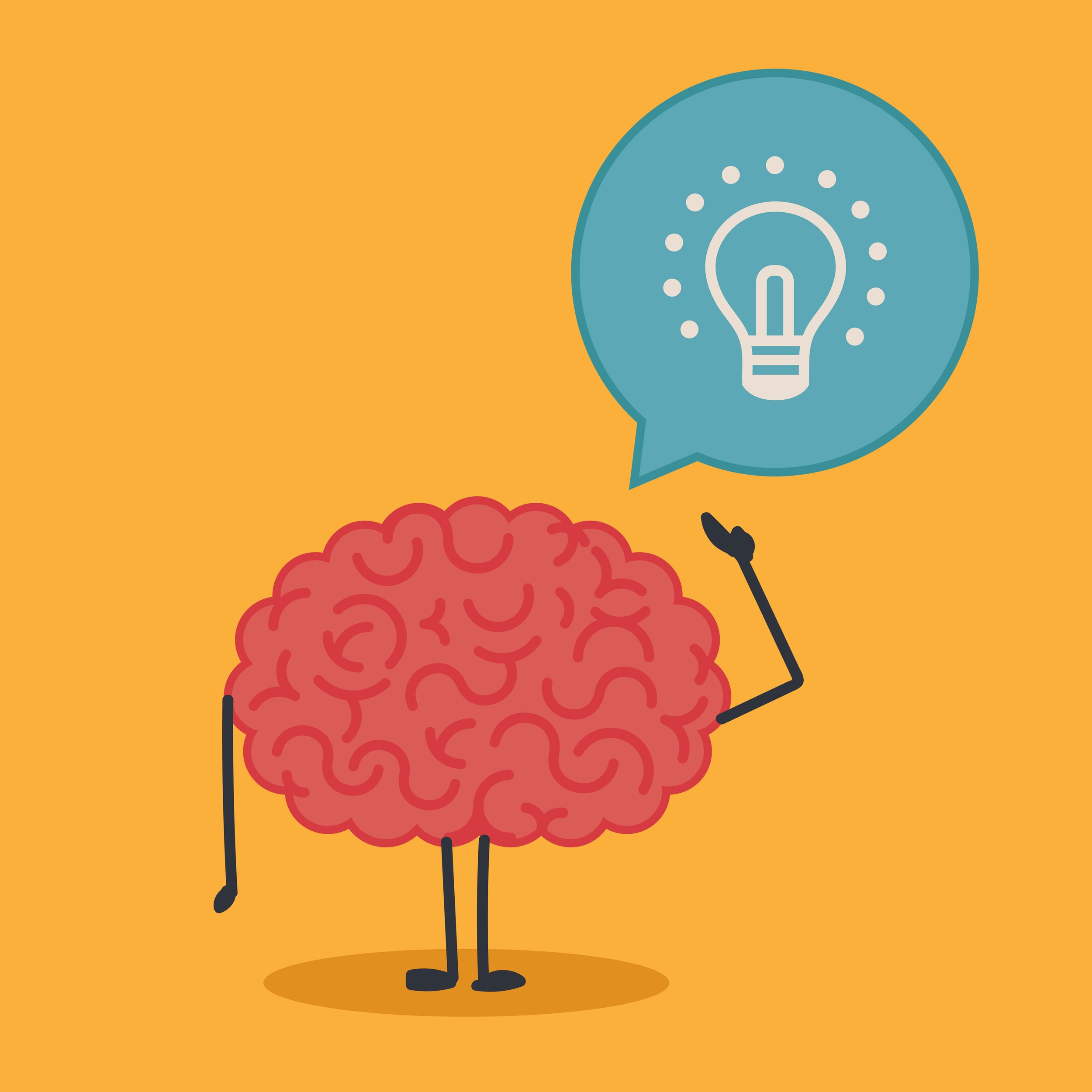POSITIVE INTERACTION - HOW LANGUAGE AND PEOPLE AFFECT OUR BRAINS
The Words We UsE - and Why They Matter More Than We Think
By Sally Potter | sallypotterhypnotherapyandretreats.com
You know that old phrase, “Sticks and stones may break my bones, but words will never hurt me”? Science would beg to differ.
The truth is, words do hurt—but more than that, they shape us. The language we use, whether it’s out loud or in our own heads, changes how we feel, how we function, and even how our bodies respond to the world around us.
This isn’t just fluffy self-help stuff—it’s neuroscience. And once you understand how it works, it opens up the possibility for real, lasting change.
Kindness, encouragement and cooperation all help build a healthy, safe brain.
Your Brain Is Listening
In her brilliant book “Seven and a Half Lessons About the Brain”, neuroscientist Lisa Feldman Barrett explains that our brains don’t operate in isolation. In fact, your brain is constantly in conversation with other brains - literally regulating itself based on the people around you. It’s called “inter-brain synchrony,” and it’s part of why we feel calmer around certain people and more stressed around others.
But this works internally too. The brain responds not only to what we experience, but to the words we use to interpret those experiences. Say something like “I’m failing” or “I can’t cope,” and your brain takes it seriously—it prepares the body for threat and creates the conditions for failure to happen. Say instead, “This is tough, but I can do it,” and your brain sends a different message to your nervous system: it’s safe to stay calm.
How Language Affects the Body
When we use emotionally loaded words (especially negative ones), we stimulate the amygdala—the part of the brain that processes threat. This sends a cascade of stress hormones through the body. That’s why ruminating thoughts and negative self-talk can actually make us feel physically unwell. This can be the same whether we are saying it ourselves, or hearing it from another person.
But there is another side to this. Using gentle, affirming, or simply more accurate language can help the brain regulate our emotional and physiological responses. This is called “emotional granularity” - the ability to name and describe our feelings with precision. The more we practise it, the more resilience we build.
So instead of “I feel awful,” you might say, “I feel flat today,” or “I’m anxious and tired.” It may seem like a small shift, but it tells your brain something important: “This feeling is manageable. It’s not who I am. It’s just what I’m feeling right now”
The Lingering Voice of Trauma
If you’ve experienced trauma—particularly emotional or verbal abuse—you’ll know how powerful words can be. They stay with us. They become the stories we tell ourselves, long after the original event is over.
“I’m not enough.”
“I’m too much.”
“I always mess things up.”
“I’m broken.”
These are not just thoughts. They’re well-worn neural pathways created by repeated phrases or experiences. Trauma changes the brain’s ‘wiring.’ But here’s the part that’s often missed: so can healing.
Language is one of the tools we can use to rewire the brain. When we introduce new ways of thinking—new words, new stories—we start to build new pathways. And when we do that in the presence of safe, compassionate people, the process is even more powerful. Hypnotherapy taps into this powerful resource of words, and a skilled hypnotherapist uses those words to create lasting, meaningful change.
These are my Three Peas of Positivity - Thought, Action and Interaction
Positive Social Interaction: One of my ‘Three Peas’
One of the core principles I work with is what I call the ‘Three Peas’ The third Pea is ‘Positive Interaction’ - and it’s vital.
We are not designed to be alone. Positive relationships and interactions help regulate our nervous systems. They give us new language, new stories, new ways of being. When someone speaks to you with warmth, respect and understanding, your brain takes that in. You start to internalise those feelings.
And here’s the really exciting part: this isn’t just psychological—it’s physiological. Positive social contact can lower cortisol, reduce inflammation, and increase oxytocin (the feel-good, bonding hormone). In short: being around people who make you feel safe can change your brain and your body.
Changing the Story
So how do we start shifting our language in a way that promotes healing and wellness?
It’s not about forcing positivity or pretending everything’s fine. It’s about being honest and kind. It’s about being precise. And it’s about creating space for something new.
Here are a few ways to start:
Catch the language you’re using. Notice your inner voice when things go wrong. Is it kind? Is it accurate? Is it helpful?
Reframe your words with intention. Instead of “I’m useless at this,” try “This is new for me, and I’m learning.” Instead of “Everything’s a mess,” try “I’m having a rough patch, and that’s okay.”
Label your emotions. Instead of “I feel bad,” ask yourself: is it sadness? Guilt? Loneliness? Frustration? The more specific you get, the more you help your brain make sense of the experience. It’s normal to feel emotion.
Connect with the right people. Surround yourself with people who speak with kindness and respect, those who nurture you and lift you up. Let their words become part of your healing. We learn language through interaction—so choose your interactions wisely.
A FINAL WORD
If you’ve lived with anxiety, chronic stress, or the long-term effects of trauma, you’ll know how much words matter. They can hurt—but they can also heal. You don’t have to change everything overnight. Start small. Start with one sentence. One shift in tone. One person who makes you feel seen.
Your brain is listening.
Your body is responding.
And healing is possible.
If you’d like to know more about working with me to manage anxiety and stress, in particular in relation to trauma, you can schedule a no-obligation, free of charge call via the button below.
Download my FREE PDF to keep and remind you of the ways you can change your language.


